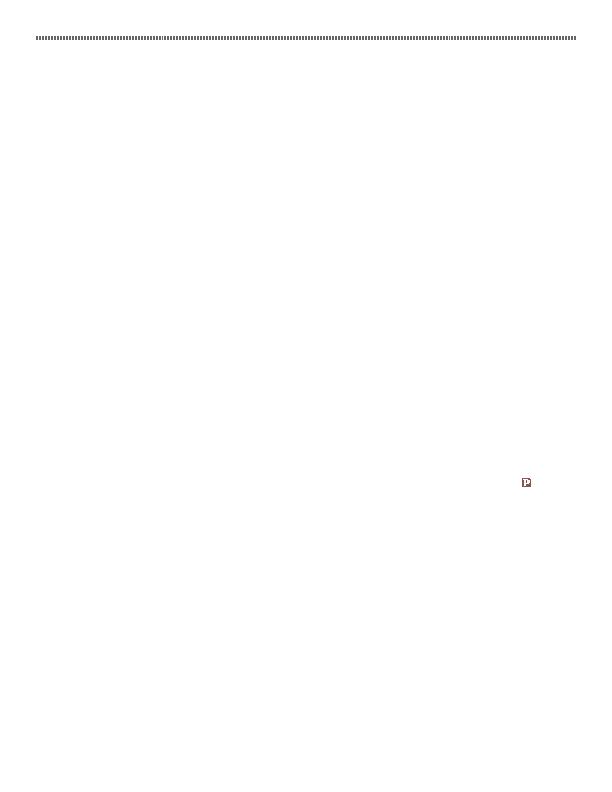
the foreclosing lender's case was based
on the records of another business, whose
record keeping practices were not known
in detail by the lender's witness at trial.
of other businesses in conducting their
daily affairs. In the mortgage industry, loan
servicing companies handle the payment
processing, escrow accounting, and other
loan management functions as contractors
of the financial institutions that hold the
notes and mortgages. It is common for a
loan to be serviced by several companies
during its lifetime. Each servicer may
also engage multiple "sub-servicers" to
handle highly specialized services, such as
monitoring and paying county taxes when
they fall delinquent.
When the mortgage becomes
delinquent and the mortgage holder sues to
foreclose, it has to rely on records created
by these other businesses. Short of calling a
witness from each business, authenticating
their record keeping practices can be
problematic.
An example is Hunter v. Aurora Loan
Services
held the mortgage note when it filed the
case. It tried to do that through a business
record of its prior servicer, Mortgage
IT. However, its witness at trial was an
employee of its new servicer, Rushmore
Loan Management Service. The Rushmore
employee testified based on Mortgage
IT's records that Aurora held the note
Rushmore employee was unable to
testify to the record-keeping practices of
Mortgage IT. Therefore, the appeals court
reversed Aurora's foreclosure judgment.
Does this mean foreclosing lenders
have to call witnesses from each prior
servicer in every case? Do other businesses
that rely on the records of other business
have to call witnesses from those
businesses to use their records in court?
plaintiff would call an employee of the
previous note owner [or servicer] to testify
as to the documents. However, this is
neither practical nor necessary in every
situation...."
Courts across the country have been
straining to lower the bar below the
four elements of the business records
exception so that these presumably
reliable business records can be used in
court by other companies without the cost
and inconvenience of calling multiple
witnesses at trial just to authenticate
multiple businesses' record keeping
practices.
In 2005, the Massachusetts Supreme
Court ruled that the loan balance
reported by the seller of a mortgage loan
was an admissible business record when
offered by the buyer of the loan because
"it is normal business practice [in the
financial industry] to maintain accurate
business records regarding such loans
and to provide them to those acquiring
the loan."
announced its own lower standard: "when
an entity incorporates records prepared by
another entity into its own records, they
are admissible as business records of the
incorporating entity provided that it relies
on the records, there are other indicia
of reliability, and [the business records
exception is] otherwise satisfied."
Loan investors and servicing
companies welcome these judicial rulings,
which make their cases easier to prove.
Consumer advocates and other critics
say the courts are putting pragmatism
over important rules of reliable evidence.
Billions of dollars hang in the balance.
outcome of important courtroom battles.
The standards for admissibility are
developing and often make the difference
between victory and defeat.
U.S. Bank N.A., U.S. District Court, Southern District
of New York Case No. 1:14-cv-09401-KBF. That case
was recently dismissed by the federal court, only to be
re-filed in New York State court.
4 Lorraine v. Markel Am. Ins. Co., 241 F.R.D. 534, 558 (D.
on deposition testimony of Bank's witness that he "did
not know who, how, or when the data entries were made."